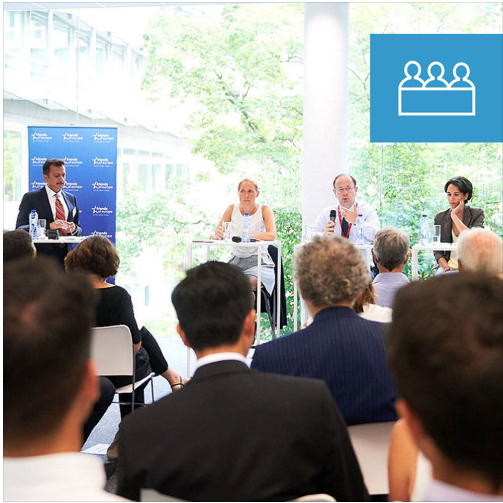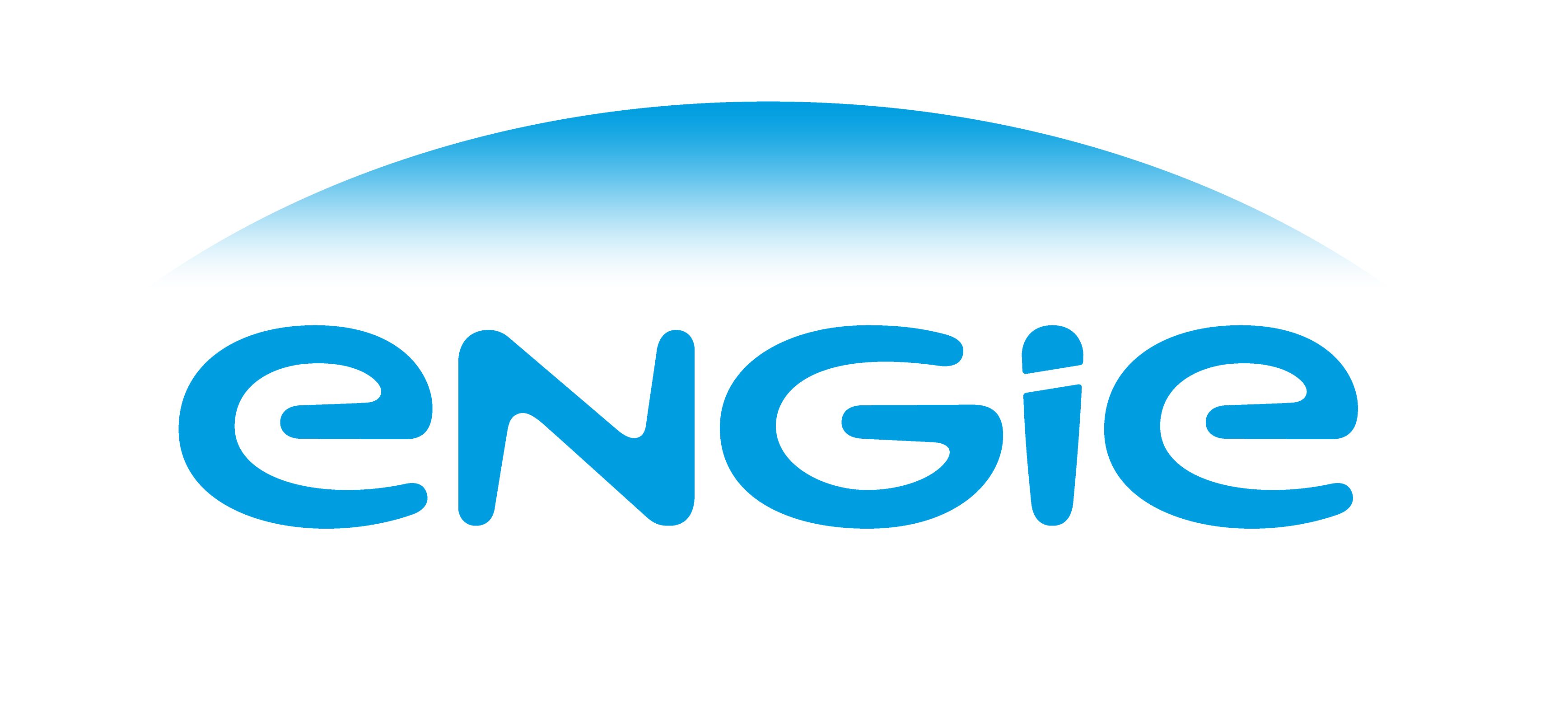
Summary
European clean energy start-ups are brimming with new ideas, but they could use help to get products to market faster, panellists told a Friends of Europe Café Crossfire debate on 20 June.
The theme is especially urgent after US President Donald Trump’s decision to pull out of the Paris agreement, provoking fears of a reduction in America’s contribution to clean energy innovation. In reaction, other parts of the world appear willing to fill the void. The European Union and China renewed their commitments to further foster the clean energy revolution at this year’s Mission Innovation and Clean Energy Ministerial meetings in Beijing. That high-level political will could drive ambitious, real-world clean energy policies and actions.
Private companies will be major drivers of the low-carbon future. Advances that can help bring down barriers to the successful and sustainable deployment of renewables include major technological innovations, new business strategies, changes in social behaviour and new options for energy storage. To accelerate this, the private sector will need a business environment in which they can forge ahead, meaning active support from government.
“Engagement with the private sector is going to be important,” said Patrick Child, European Commission Deputy Director-General for Research and Innovation and Chair of the Mission Innovation Steering Committee. “Increasingly, the European Union will be expected to continue to take a global lead in the debate on climate change.”

Event recording
Innovation in the energy transition Should you not be able to view the photo gallery, please click here.
Should you not be able to view the photo gallery, please click here.
About
With the United States of America pulling out of the Paris Agreement and the rest of the world willing to fill the void, innovation in the energy transition has never received such impetus for acceleration. On one hand, the EU, China and the international community have renewed their commitments to further foster the clean energy revolution at this year’s Mission Innovation and Clean Energy Ministerial meetings in Beijing, providing the opportunity to leverage high-level political will to drive ambitious, real-world clean energy policies and actions. On the other hand, private sector leadership is gaining traction with companies forging ahead as the new drivers of the shift towards a low-carbon future. Major innovative technological advances, new business strategies, as well as changes in social behaviour, such as new options to energy storage, can help bring down the next barriers to the successful and sustainable deployment of renewables across Europe and the globe.
- What is the role of “cleantech” as a cross-cutting element for enhancing the competitiveness of European industry?
- What policies and industrial initiatives should Europe favour to enable new technological developments, taking into account the need for energy security, affordability for citizens and businesses, and competitiveness ?
- How to ensure a better alignment between Research, Innovation and industrial policy priorities in the energy transition?
IMAGE CREDITS: pinkypills/Bigstock.com, Golfzaaz/Bigstock.com, janstarstud/Bigstock.com
Schedule
Speakers include
Patrick Child
European Commission Deputy Director-General for the Environment (DG ENV) and Mission Manager for the European Union Mission for Climate-Neutral and Smart Cities
Felix Dembski
Vice-President of Strategy at Sonnen
Caroline Hillegeer
Senior Vice-President of Strategy and Technology Watch at ENGIE
Caroline Rozain
Co-Founder of Sylfen
Moderator
Dharmendra Kanani
Chief Operating Officer and Chief Spokesperson of Friends of Europe
Speakers

European Commission Deputy Director-General for the Environment (DG ENV) and Mission Manager for the European Union Mission for Climate-Neutral and Smart Cities
Patrick Child is currently Deputy Director-General at the European Commission’s Directorate General for the Environment and assumes responsibility for the EU’s zero pollution strategy, chemicals legislation, urban agenda, research and innovation for the environment and communication. He is also the Mission manager for the Climate-Neutral and Smart Cities Mission, which aims to reach 100 climate-neutral cities by 2030. Previously, Child was Deputy Director-General in DG Research and Innovation (R&I). As a member of the Board of DG R&I, his focus was on research and innovation in clean energy and climate technologies as well as the R&I dimension of the post-COVID recovery and resilience strategy and Horizon Europe mission on cancer. With a background in the UK Finance Ministry, Child joined the European Commission in the 1990s, where he started in the Directorate‑General for Economic and Financial Affairs.

Vice-President of Strategy at Sonnen
As Germany’s leading battery producer founded in 2010, Sonnen strives to increase energy independence for buildings, allowing citizens to cover about 75% of their yearly energy requirements with self-produced clean energy. Felix Dembski plays a key role in further developing the startup’s vision, to connect citizens with each other to share clean and affordable energy where and when it’s needed.

Senior Vice-President of Strategy and Technology Watch at ENGIE
As one of the world’s leading energy companies, ENGIE’s key priorities include decentralising the energy generation, developing the hydrogen sector as well as implementing storage solutions to remedy the intermittence of decentralised energy production and guarantee consumers continuous electricity supply. Within ENGIE Fab, the ENGIE innovation booster, Caroline Hillegeer is developing mass scale, disruptive hydrogen businesses by anticipating and integrating new technologies of tomorrow.

Co-Founder of Sylfen
Caroline Rozain co-founded Sylfen in 2014, one of the ‘100 technology startups to look out for’ in the energy category by Innovation Review magazine. The successful French startup strives to prove that a 100% renewable world is possible, through the development of a fully-integrated solution for both storage and energy production, such as hybrid batteries and new electrolysers that can be used as fuel cells.
Partners
Coorganized with
Activities
A bold vision for a climate-neutral and competitive Europe
Next event In person & livestreamed

- Area of Expertise
- Climate, Energy & Natural Resources
European Oceans Pact: is maritime transport on board?
Past event In person & livestreamed

- Area of Expertise
- Climate, Energy & Natural Resources
Staying the course: driving sustainability forward in a shifting…
Past event In person & livestreamed

- Area of Expertise
- Climate, Energy & Natural Resources
Navigating risks and enhancing resilience: charting Europe’s energy and…
Past event In person & Livestreamed

- Area of Expertise
- Climate, Energy & Natural Resources
A betrayal of the future: the EU must act now
- Category
- #CriticalThinking
- Author
- By Benjamin Van Bunderen Robberechts
Citizen-led recommendations for the Horizon Europe Missions on…
- Category
- News
- Area of Expertise
- Democracy
Policy Voices | What is the cost of not doing Carbon Dioxide Removal?
- Category
- Podcast
- Area of Expertise
- Climate, Energy & Natural Resources
Competitiveness and clean energy, the challenge of European industries
- Category
- #CriticalThinking
- Author
- By Michele Bologna

- Area of Expertise
- Climate, Energy & Natural Resources

- Area of Expertise
- Climate, Energy & Natural Resources

- Area of Expertise
- Climate, Energy & Natural Resources

- Area of Expertise
- Climate, Energy & Natural Resources
Continue
the debate on
- Debating Europe

